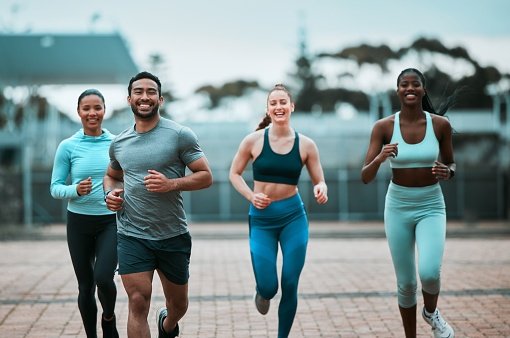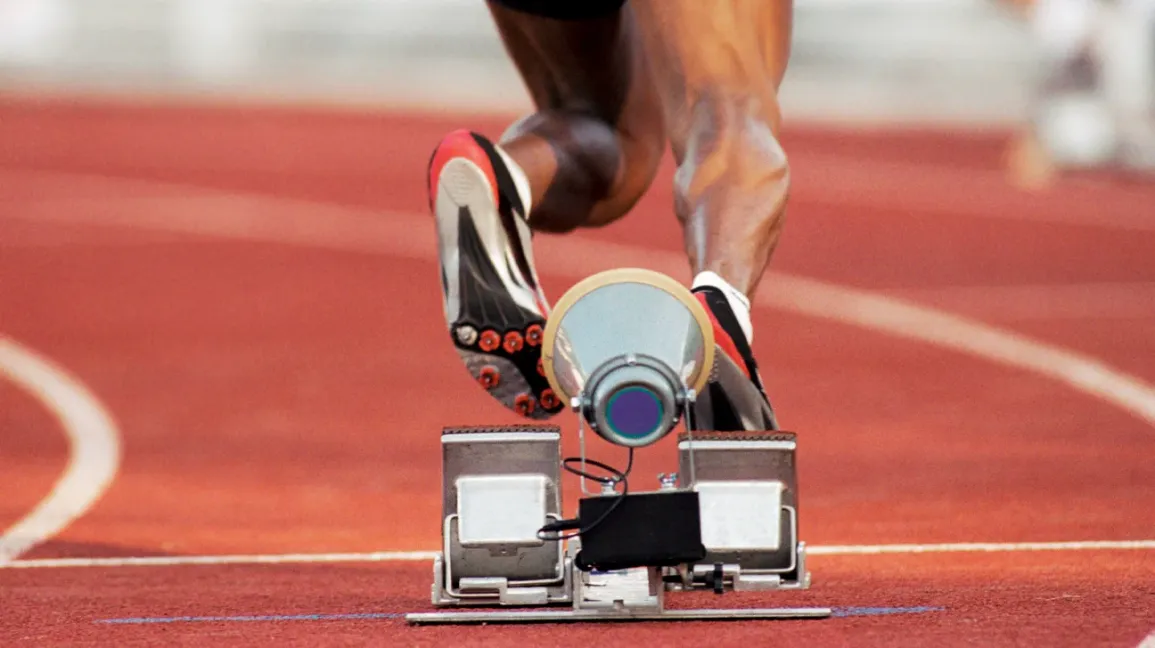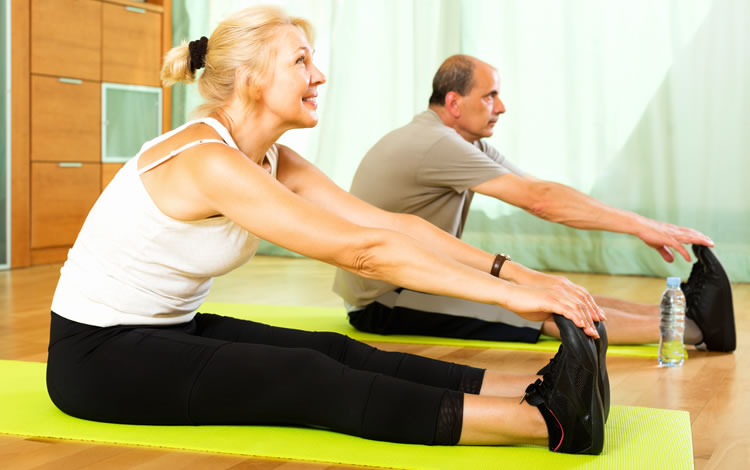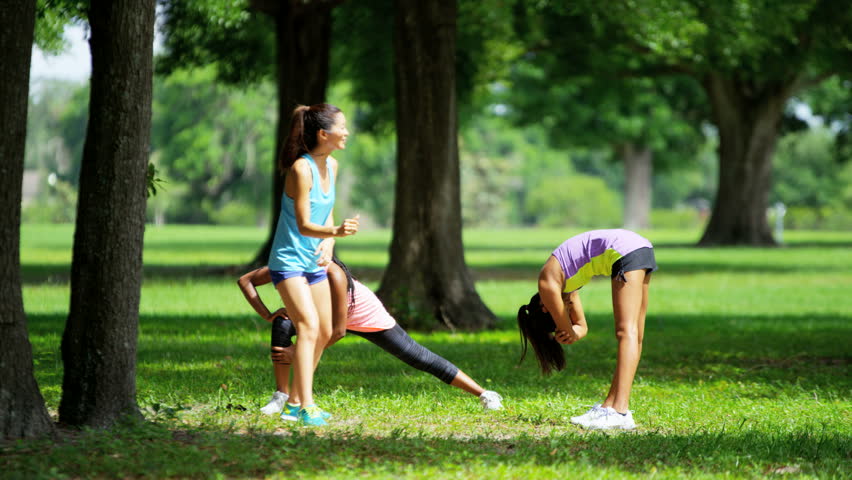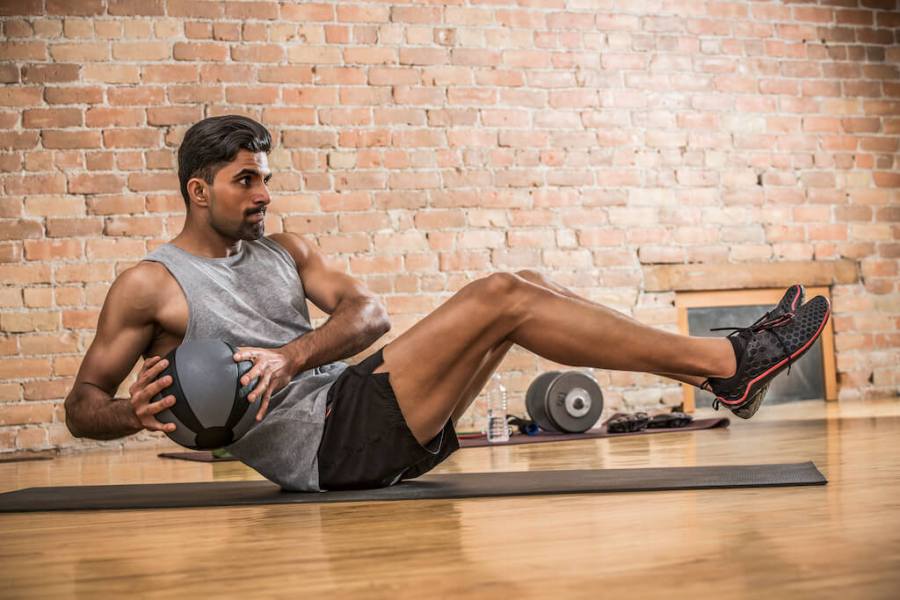Evaluate the effectiveness of various recovery and self-care techniques for promoting health and fitness.
Discover the impact of health fitness recovery techniques. Explore effective self-care methods for improved well-being and fitness

The effectiveness of recovery and self-care techniques for promoting health and fitness can vary from person to person, depending on individual needs, goals, and preferences. Here, I'll evaluate some common techniques and their potential benefits:
Sleep: Adequate sleep is crucial for recovery and overall health. It allows the body to repair and regenerate tissues, consolidate memories, and support hormonal balance. Lack of sleep can lead to reduced exercise performance, increased stress, and impaired immune function.
Effectiveness: Highly effective. Aim for 7-9 hours of quality sleep per night
Nutrition: Proper nutrition plays a vital role in recovery and fitness. Consuming a balanced diet with adequate protein, carbohydrates, fats, vitamins, and minerals can optimize muscle recovery and energy levels.
Effectiveness: Extremely effective. Nutrition is the foundation of health and fitness.
Hydration: Staying adequately hydrated is essential for overall health and recovery. Dehydration can lead to decreased exercise performance and muscle cramps.
Effectiveness: Very effective. Aim to drink enough water throughout the day, especially when active.
Stretching and Mobility Exercises: Stretching and mobility work can improve flexibility, reduce the risk of injury, and alleviate muscle soreness.
Effectiveness: Effective. Incorporate dynamic and static stretching into your routine.
Foam Rolling and Self-Massage: Using foam rollers, massage balls, or massage sticks can help release muscle tension and improve circulation.
Effectiveness: Effective for relieving muscle tightness and soreness.
Active Recovery: Light, low-intensity exercise on rest days can enhance blood flow, reduce muscle stiffness, and aid recovery.
Effectiveness: Effective for promoting recovery without overtaxing the body
Meditation and Relaxation Techniques: Practices like mindfulness meditation and deep breathing can reduce stress, lower cortisol levels, and improve overall mental and physical well-being.
Effectiveness: Highly effective for stress management, which is crucial for overall health and fitness.
Cold Therapy (Cryotherapy): Exposure to cold temperatures through ice baths or cold showers may help reduce muscle inflammation and soreness.
Effectiveness: Somewhat effective, but it may not be suitable for everyone.
Hot Therapy (Saunas): Saunas can promote relaxation, improve circulation, and potentially enhance recovery.
Effectiveness: Moderately effective, with potential benefits for some individuals.
Rest Days: Scheduled rest days are essential to prevent overtraining and allow the body to fully recover.
Effectiveness: Highly effective when integrated into a training program.
Professional Therapies: Physical therapy, chiropractic care, and massage therapy can address specific issues and accelerate recovery.
Effectiveness: Very effective for targeted relief and rehabilitation.
Supplements: Some supplements, such as protein, creatine, and branched-chain amino acids (BCAAs), can support recovery and muscle growth when used in conjunction with proper nutrition.
Effectiveness: Effective for specific goals and needs but should be used judiciously and under guidance.
In conclusion, the effectiveness of recovery and self-care techniques depends on individual circumstances and goals. A holistic approach that combines several of these techniques, tailored to your needs, is often the most effective way to promote health and fitness. It's essential to consult with a healthcare professional or fitness expert to develop a personalized plan that works for you.
Cross-Training: Engaging in a variety of physical activities can help prevent overuse injuries and improve overall fitness. For example, if you're a runner, incorporating strength training or swimming can provide balance and reduce the risk of repetitive strain injuries.
Effectiveness: Highly effective for diversifying your fitness routine and reducing injury risk.
Psychological Support: Mental health is closely linked to physical well-being. Seeking support from a therapist or counselor can be valuable for managing stress, anxiety, or depression, which can impact motivation and overall health.
Effectiveness: Extremely effective for those dealing with mental health challenges.
Goal Setting and Tracking: Setting specific, achievable fitness goals and tracking your progress can enhance motivation and provide a sense of accomplishment.
Effectiveness: Effective for maintaining consistency and seeing results.
Social Support: Exercising with friends or participating in group fitness classes can foster a sense of community and accountability, making it more likely that you'll stick to your fitness routine.
Effectiveness: Effective for those who benefit from social motivation.
Mindful Eating: Paying attention to your food choices and eating mindfully can promote healthier eating habits and prevent overconsumption.
Effectiveness: Effective for weight management and improved nutrition.
Periodization: Structuring your fitness program with periods of varying intensity and volume can prevent plateaus and reduce the risk of overtraining.
Effectiveness: Highly effective for long-term progress and injury prevention.
Self-Care Practices: Beyond physical recovery, self-care practices like reading, hobbies, or spending time in nature can reduce stress and improve mental well-being, indirectly benefiting your physical health and fitness.
Effectiveness: Effective for maintaining a balanced and healthy lifestyle.
Consistency: Perhaps the most critical factor in any recovery and self-care routine is consistency. Regularly engaging in these practices is key to reaping their benefits.
Effectiveness: Highly effective; consistency is the foundation of success.
It's important to note that individual responses to these techniques can vary, and what works best for one person may not be as effective for another. The most effective approach often involves a combination of these strategies tailored to your specific goals and needs. Additionally, consulting with a healthcare professional, fitness trainer, or nutritionist can provide personalized guidance to ensure you're on the right track toward improved health and fitness.
Progressive Overload: In fitness, progressive overload involves gradually increasing the intensity, weight, or duration of your workouts. This strategy stimulates muscle growth and strength gains.
Effectiveness: Highly effective for muscle development and performance improvement.
Breathing Exercises: Practicing controlled breathing techniques, such as diaphragmatic breathing or the Wim Hof method, can help manage stress, improve oxygen intake, and enhance endurance.
Effectiveness: Effective for stress management and enhancing respiratory function.
Cognitive Behavioral Therapy (CBT): CBT techniques can be applied to overcome mental barriers and improve adherence to fitness and self-care routines by changing negative thought patterns.
Effectiveness: Effective for improving mental resilience and adherence.
Biofeedback: Biofeedback devices can provide real-time data on your physiological responses, helping you learn to control factors like heart rate, stress levels, and muscle tension.
Effectiveness: Effective for optimizing stress management and relaxation.
Active Release Techniques (ART): ART is a soft tissue therapy that focuses on breaking down adhesions and scar tissue, which can enhance flexibility and reduce pain.
Effectiveness: Effective for targeted muscle and tissue recovery.
High-Intensity Interval Training (HIIT): HIIT workouts involve short bursts of intense exercise followed by brief rest periods. They can be effective for improving cardiovascular fitness and burning calories in a shorter time.
Effectiveness: Effective for time-efficient workouts and fat loss.
Compression Garments: Wearing compression clothing like socks or sleeves may improve blood circulation and reduce muscle soreness during and after exercise.
Effectiveness: Moderately effective, with benefits for some individuals.
Infrared Saunas: Infrared saunas use infrared light to heat the body directly, potentially aiding in detoxification, relaxation, and muscle recovery.
Effectiveness: Moderately effective, with potential benefits for relaxation and recovery.
Active Release Techniques (ART): ART is a soft tissue therapy that focuses on breaking down adhesions and scar tissue, which can enhance flexibility and reduce pain.
Effectiveness: Effective for targeted muscle and tissue recovery.
Electro-Stimulation Therapy (EMS): EMS involves the use of electrical impulses to stimulate muscle contractions. It can be used for muscle recovery and strength training.
Effectiveness: Effective for specific applications, such as rehab or muscle activation.
Ultimately, the effectiveness of these recovery and self-care techniques will depend on your goals, individual preferences, and any specific health conditions or limitations you may have. The key is to design a holistic approach that incorporates a combination of these techniques and adapts them to your unique needs. Regular assessment and adjustments to your routine can help you achieve and maintain optimal health and fitness over the long term. Consulting with fitness professionals and healthcare providers for guidance and support is always a wise step in your health and fitness journey.
What's Your Reaction?








